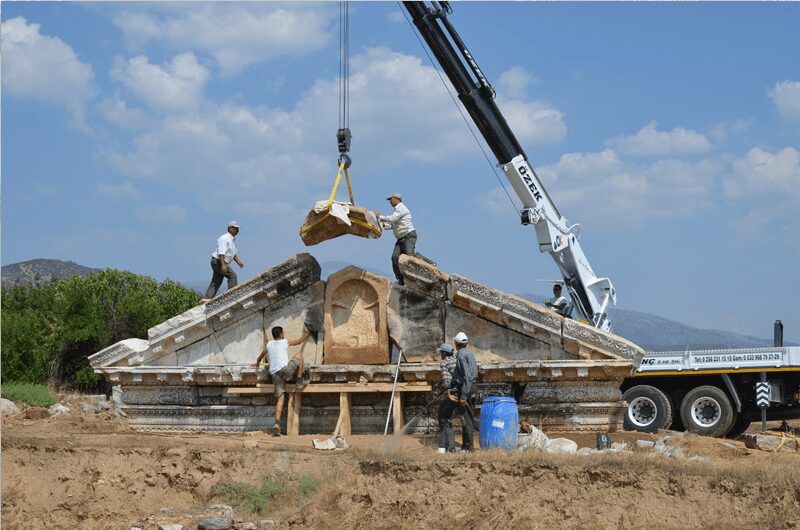
The Konya Regional Archaeological Survey Project (KRASP) is an interdisciplinary research program co-directed by Christoph Bachhuber and Michele Massa. KRASP has set out to achieve a diachronic understanding of a number of interrelated themes.
These include an outline of human-environment interactions in different ecological niches, and a related assessment of the diachronic formation of archaeological landscapes. We are particularly interested in the relationship between the hydrodological landscape of the Konya Plain and the steppe and highland ‘margin’. KRASP is examining both historically-contingent settlement in the margin, and the economic, political and ideological motivations to interact with these landscapes. We are also interested in how and why and with what consequences networks of communication formed within and beyond the landscapes of the Konya Plain, for example as mediated by networks of production and exchange, mobility related to pastoral transhumance, and/or political consolidation. Another aim of KRASP is concerned with the archaeological present. This is similarly a study of landscapes, but develops ethnographic methodologies to understand how people living in the KRASP study area today inhabit archaeological landscapes.
KRASP is comprised of several interlinked components. Our survey methodologies include remote sensing of the expanse of the Konya Plain and a pedestrian survey focused in its eastern margin. We are integrating chronological/typological and geochemical analyses of artefacts from earlier BIAA-led surveys in the region and from KRASP’s own pedestrian surveys. We are developing ethnographic approaches to archaeological landscapes, as well as synthesizing wide-ranging palaeoenvironmental data from the Konya Plain.